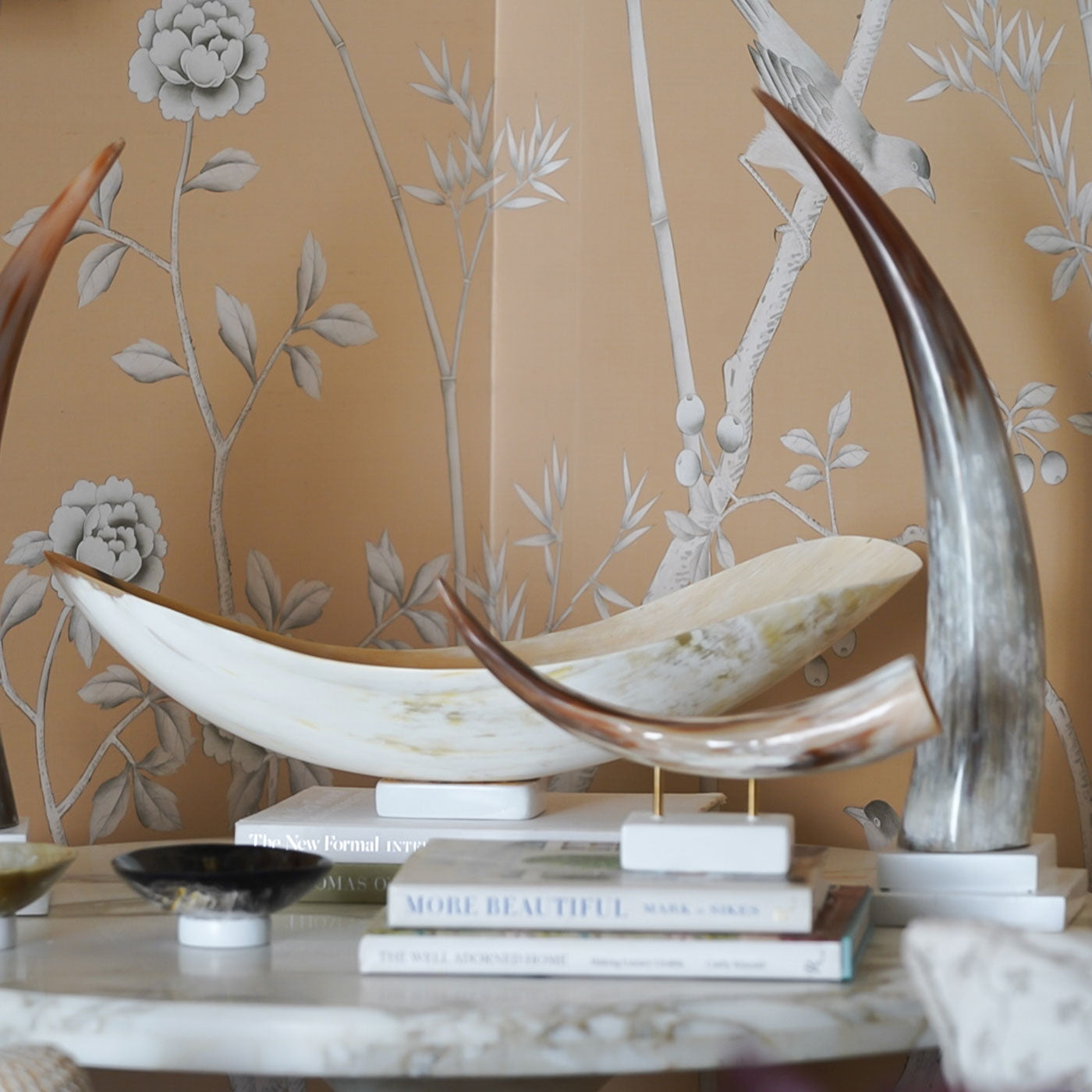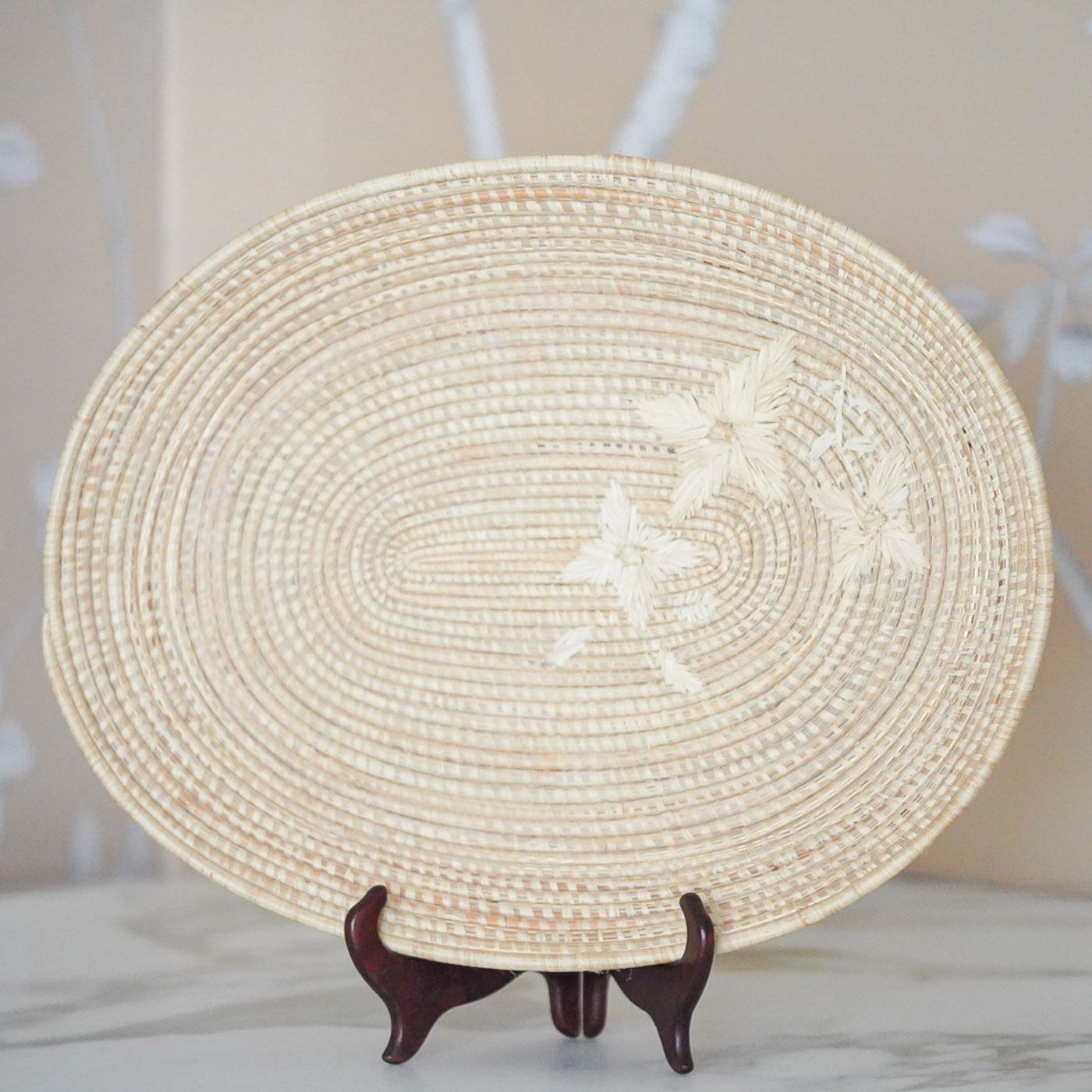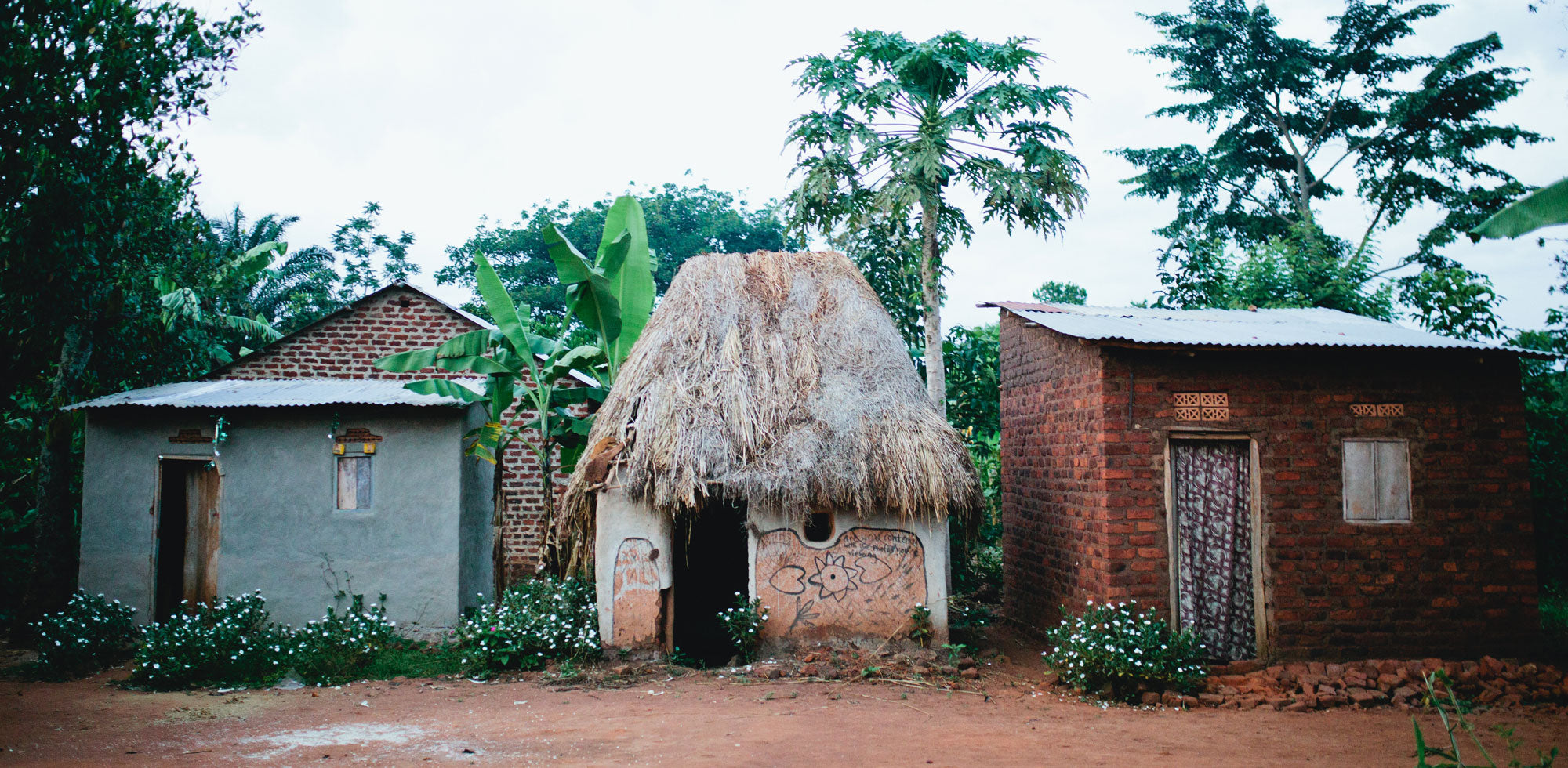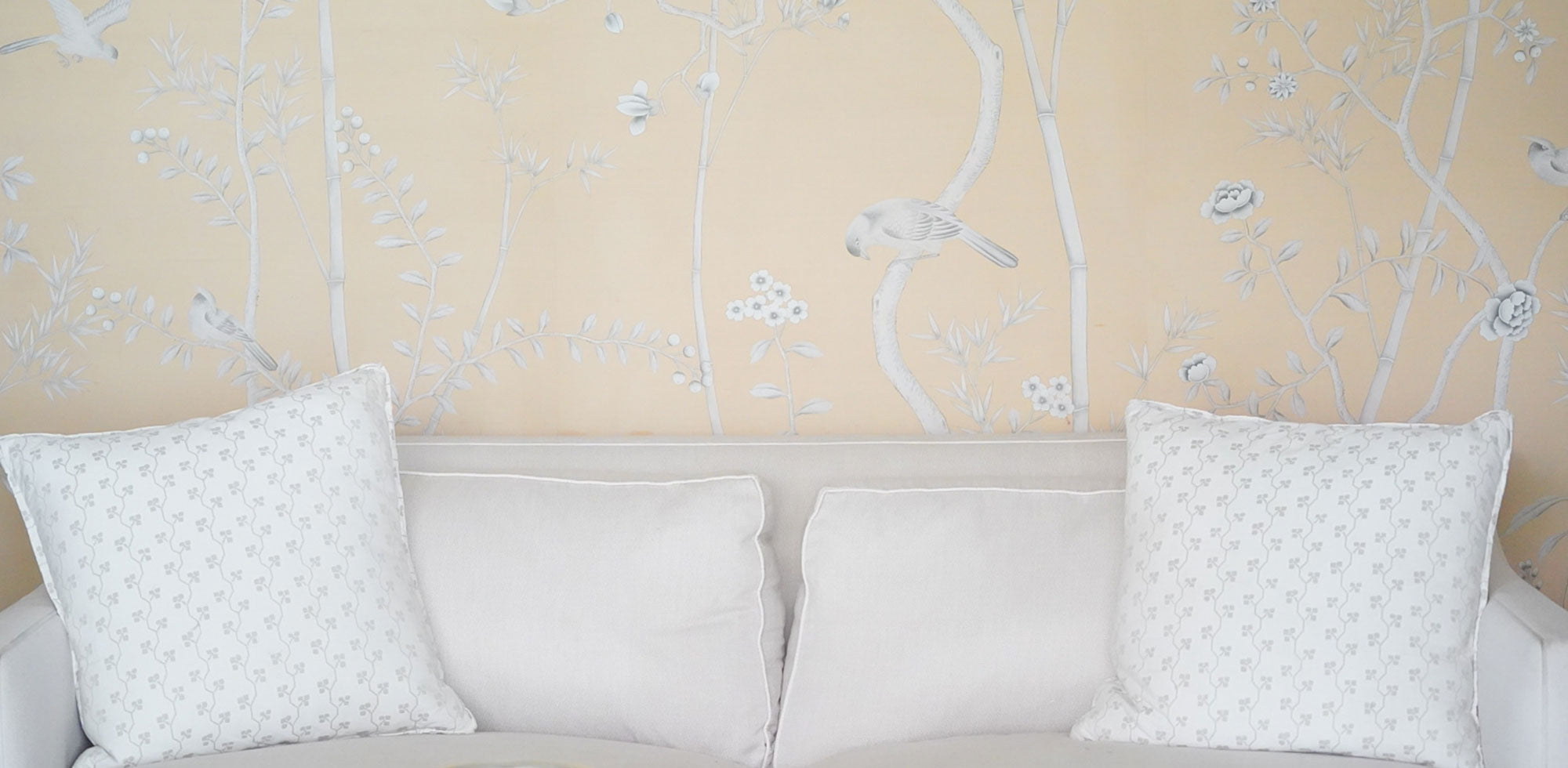WHO WE ARE
Welcome to the World of Nile Lily Home
Nile Lily Home is a globally-inspired home furnishings brand, creating beautiful designs to lift up and champion women around the world.
Our name means “she works” in a local Ugandan dialect.
We provide life-changing job opportunities through vertically-integrated manufacturing, employing women in Uganda to make each Nile Lily piece.
We are here because of these women. We believe in them, and the power of all who live in the margins.

TRANSFORMATIONAL LUXURY FOR THE CURATED HOME
Nile Lily is a brand that reflects the beauty of the women who handcraft each piece. Located on a small bluff on the Nile River in Uganda, Nily Lily specializes in training village women in the hand-preparing of upcycled Ankole cow horn which is shaped and sculpted into modern designs for the curated home. Their village can hear them sing as they rebuild their lives and give hope to their families as they hone this special craft. When you collect pieces from Nile Lily, they move from her hands to yours, creating a bond that uplifts her life and yours.
Creating Opportunity
Nile Lily Home is on a mission to empower women to transform their lives and communities. Akola’s manufacturing operations are based in Jinja, Uganda — a beautiful city along the Nile River. There, 50 Nile Lily Home women, largely from rural communities, are given dignified employment and living wages. Nile Lily Home’s vision is to create a female empowered workforce that will be a strong contributor to Africa’s economic development.
In Uganda, the average person earns less than a $1.90 per day. As part of her employment, an Nile Lily Home woman receives living wages that enable her and her family to live above the poverty line. But job creation isn’t enough. Nile Lily Home also provides a holistic curriculum of programs: training our employees in leadership and financial literacy, and giving them the skills that will graduate their entire family out of poverty and into long-term self-reliance.

About Horn
Akola’s horn comes from the Ankole Cow, a breed of cattle indigenous to sub-Saharan Africa and Uganda. Ankole cows are referred to as “The Cattle of the Kings & Royalty,” and their lineage has been traced back thousands of years to Egypt.
Horn is not ivory. An elephant is killed for its ivory, but horn is a natural byproduct after a cow dies. The horn would usually be discarded, but instead, it is made into a beautiful, sustainable material.
We purchase 100% of our horn from discarded horns of Ankole cows, which helps stimulate the local Ugandan economy. The horn is cleaned, polished and hand-carved by Akola employees in Jinja, Uganda. The women of Akola perfect each jewelry piece using a myriad of techniques like sculpting, carving, pressing, cutting and dying the horn.
Just like fingerprints, no two horns are identical, making every piece of Akola jewelry truly one of a kind. Horn has a natural variation and gradience in its color that varies from shades of white, to caramel and black.

About Raffia
Raffia, a palm of the tropics, is a natural and renewable resource that grows along the watery edge of the Nile River near many of the villages in Uganda. The leaves of this palm can grow up to 60 feet and have a fascinating and feathery appearance.
These leaves are clipped and torn off in parallel lines yielding a long continuous fiber that the women of Nile Lily Home cut and weave by hand. The raffia is then used to build and embroider baskets throughout our collections.


